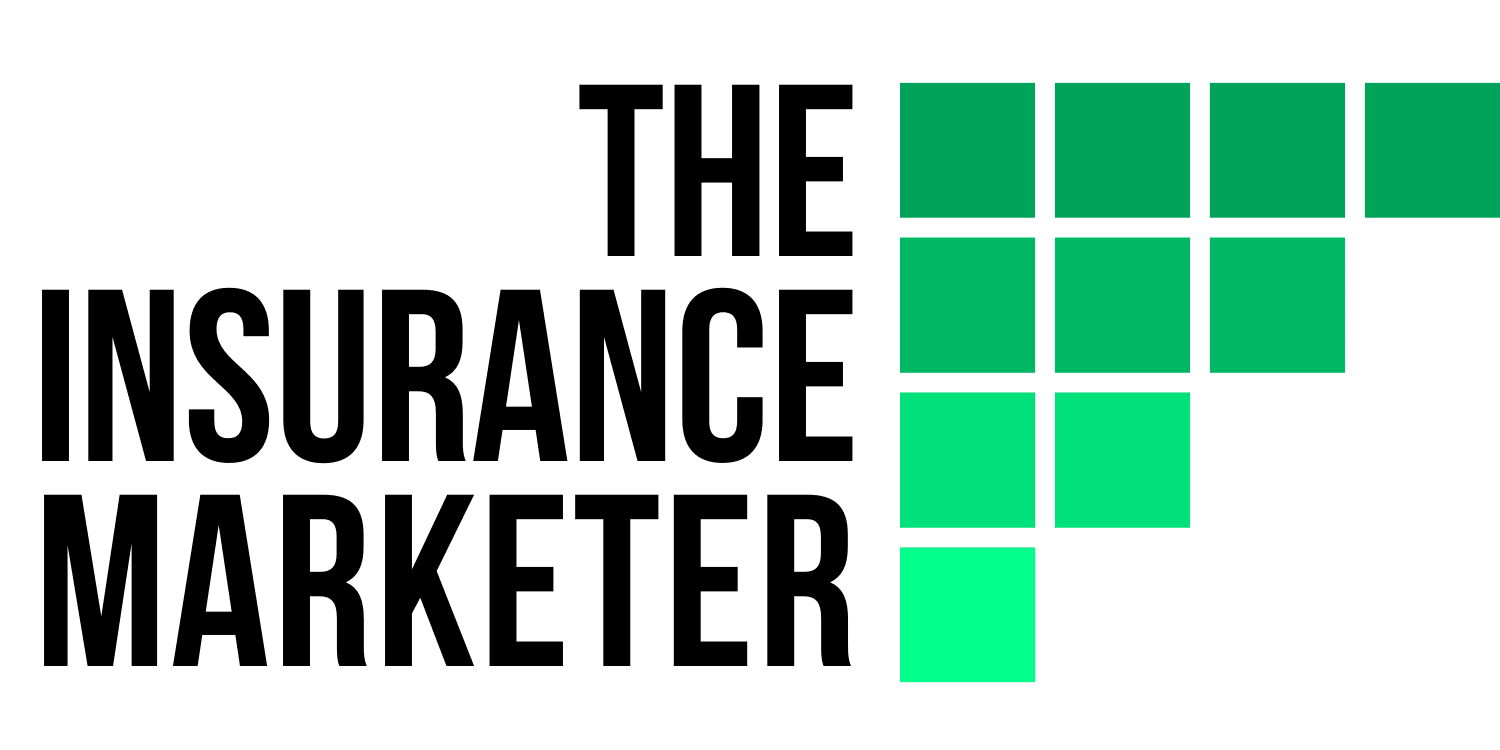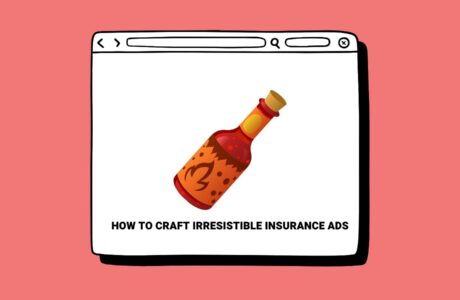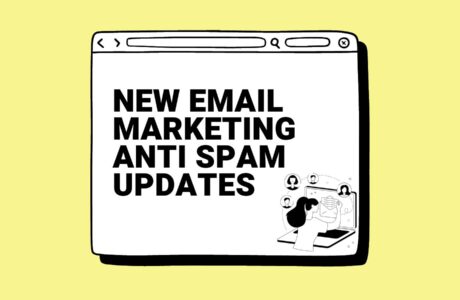On December 13, 2023, The FCC has introduced new rules that are set to fundamentally change the way insurance agents and marketers approach lead generation
This ruling is significant for insurance agents as it directly impacts communication strategies with clients.
This blog post dives into the intricacies of the new regulations, the potential impacts on the industry, and actionable steps that can be taken to remain compliant.
If you are an insurance agent or broker relying on buying leads this new regulation if going to effect your business.
This is a proactive step towards building trust and maintaining the integrity of communication channels in the insurance industry.
Many insurance agents and marketers might be upset that their business will be dramatically changes, but long term I think this is great for the overall industry.
What Insurance Agents Need to Know:
As of December 2023, the FCC has tightened the reins on the use of “robocalls” and “robotexts” for soliciting sales or advertising products and services.
This means that if you’re using automated systems to initiate calls or send texts, you’ll need to secure “prior express written consent” for each seller individually. No longer can one consent cover multiple sellers.
The consent must be “clear and conspicuous,” making it apparent to consumers that they are agreeing to receive communication from a specific seller, and it must be closely related to the service they expressed interest in.
For instance, consent given on a car insurance platform cannot be interpreted as consent for other services like loan consolidation.
Here are some key takeaways:
FCC Clamps Down on Lead Generator Loopholes: Effective from December 2023, you’re required to get written consent for each seller individually before making robocalls or sending robotexts. This closes the lead generator loophole, where previously, one consent could cover multiple sellers.
Targeted Consent for Clearer Communication: Consent now needs to be specific to the seller and related to the service the consumer showed interest in. For instance, if someone inquires about car insurance, they shouldn’t receive unrelated offers like life insurance, unless they’ve given separate consent.
Enhanced Consumer Protections: The FCC is tightening up on who can contact consumers and how. The new rules mean you can’t just share leads or consent across different sellers or partners.
Do Not Call (DNC) List Extended to Texts: The National DNC Registry’s protections are now extended to marketing texts. You must have explicit permission to text anyone on this list.
Implications for Your Marketing Strategies:
- Revise Your Consent Forms: Prepare to overhaul your consent forms to meet the one-to-one consent rule.
- Check Your Lead Sources: If you buy leads, verify that the consent is compliant with the new FCC order.
- Update Your Lead Management: Assess your current leads to ensure they fit into the new consent framework.
- Close out current leads: If you purchased cheap leads form a company that sells to multiple agents, work those leads before these laws are past the transition period.
Potential Impact:
This shift is likely to see insurance agents turning towards more direct lead generation methods such as Facebook leads.
With the need for individual consent, the availability of quality leads conforming to these new standards is expected to drop, while their price is predicted to rise due to increased demand.
It’s a move that will undoubtedly put pressure on agents to revise their marketing strategies and potentially increase their lead acquisition costs.
It’s time to rethink how you approach lead generation and ensure every communication is compliant, consented, and clear.
Next Steps:
1. Review Your Lead Generation Tactics: Evaluate your current lead generation methods and ensure they align with the new one-to-one consent requirement. This will require a change in how you collect and manage consent. One possible tactic is through a checkbox list where consumers can select which sellers to hear from.
2. Update Your Consent Processes: Implement clear and conspicuous consent forms that comply with the new regulations, possibly including a checkbox list for consumers to select their preferred sellers.
3. Prepare for Increased Costs: Anticipate a rise in the price of compliant leads and consider reallocating your marketing budget to accommodate this change.
4. Transition to Compliant Platforms: With the likelihood of Facebook leads becoming more popular, consider developing a strategy for social media lead generation if you haven’t already.
5. Monitor Implementation Deadlines: The rules will not take effect until 12 months after publication in the Federal Register, providing a window to adjust your practices. However, the DNC Registry changes will become active 30 days post-publication.
Conclusion:
The new FCC regulations represent a significant pivot in the approach to lead generation. For insurance agents and marketers, adaptation is key.
By understanding these changes, preparing strategically, and acting proactively, you can position your business to thrive in a compliant and consumer-friendly environment.
This is not just about avoiding fines; it’s about respecting consumer preferences and building trust.
For more information you can read the FCC report here.




